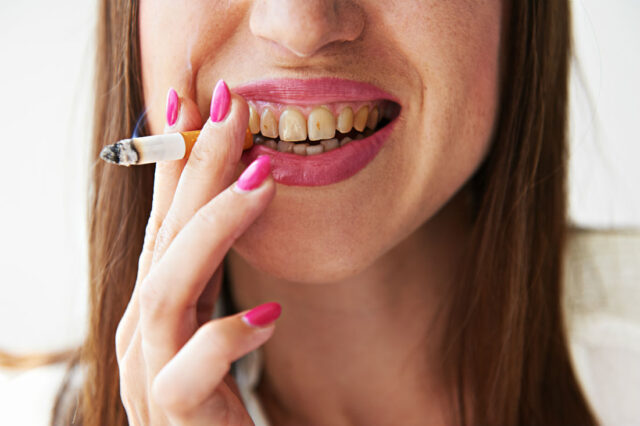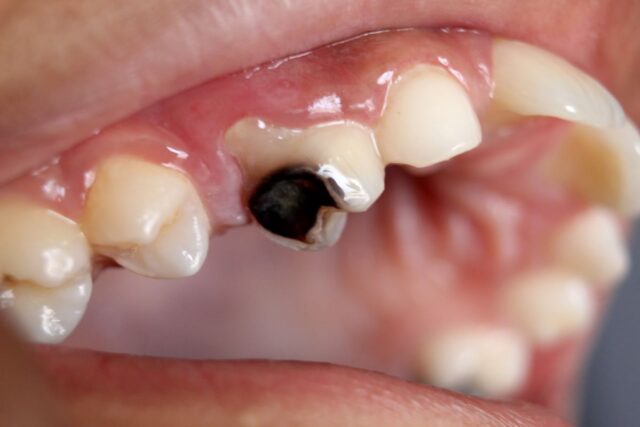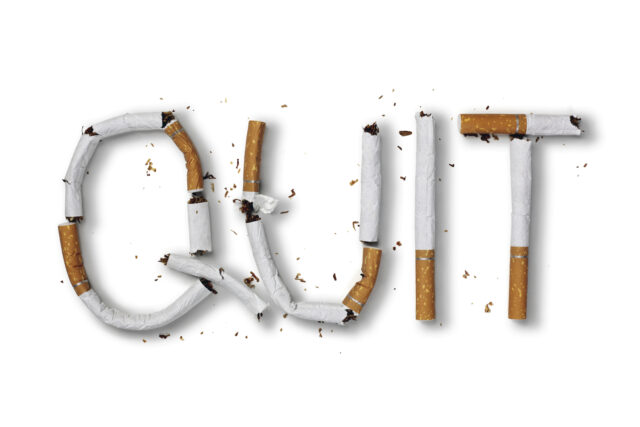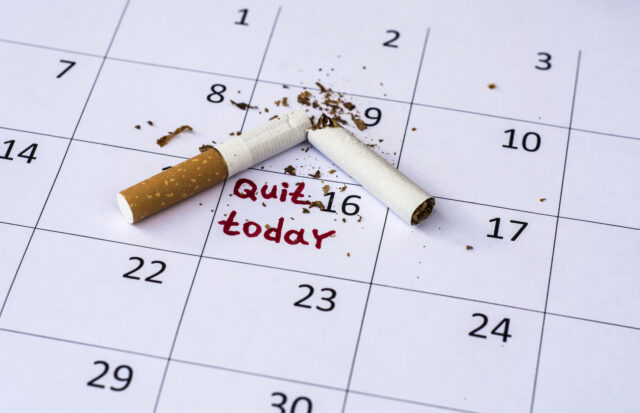
When you smoke, it can cause changes to the health of your mouth and teeth. The chemicals in tobacco products can have adverse effects on your oral health. According to the American Dental Association, when you smoke or chew tobacco products, they are labelled as a “silent killer” because of its chemical properties and flavour additives.
Your health is in your hands. Smoke-free alternatives to smoking exist and can protect your dental health from the harmful effects of smoking. The benefits of quitting smoking are so numerous and important. Plus, if you quit today, you can kiss these effects of smoking goodbye.
The Harmful Effects Of Smoking On Oral Health

It is a known fact that smoking can impair your oral health. The risk of developing bad breath, tooth and gum diseases, oral cancer, and even heart problems increases drastically when someone smokes regularly. And since smoking also dries out the mouth’s soft tissues, it could lead to developing other disorders like dry mouth. The following are risks you run when you carry on smoking
Stained Teeth
It is a known fact that smoking can turn even the most pearly whites into not-quite-so-whites. Regular cigarette use will make white teeth yellow or even brown. The more you smoke, the more quickly you can experience tooth discolouration. The quantity you smoke and how long you do also plays a part in how discoloured your teeth get. A simple Google image search will show you the true effects of smoking and cigarette use in discolouration.
Tooth Rot

Tobacco and tobacco smoke can do significant harm to the teeth, but more people think about oral and gum problems. Although not to be underestimated, not many people equate smoking and nicotine use with the type of tooth decay dentists frequently see their patients. Wide cavities along the gum line can lead to infections and bad teeth, leading to breaks eventually. Missing teeth must be fixed and can be pricey and often painful.
Gum Disease
Periodontal disease or gum disease is essentially a bacterial infection of your teeth that affects the gum over time. You begin to notice this when you have swollen and bleeding gums, a generally swollen mouth, and easily irritated red gums. In certain cases, periodontal disorder can also present as gums that tend to recede. Although early stages of periodontal disease can also be reversed if you see a dentist, long-term smoking and cigarette consumption can exacerbate the problem.
Damage to the bone
If gum disease is left to fester for so long, it can spread to tissue and bone, which can then grow weaker. Bone loss can occur until gum disease is treated and the infection is never remedied. In extreme cases, gum disease can get so serious that surgery is required to help with the bad bone. Bone grafts and restorative surgery are often needed.
Damage to the teeth
When periodontal disorder grips the mouth, tooth loss is generally not far away. The gums grow softer and will no longer hold the teeth as the gums grow softer. Where there’s gum disease, you will usually encounter a higher incidence of deterioration due to infection.
How to prevent the harmful effects of smoking

The most important step to take care of your oral health and avoid having any problems is quitting smoking, and there are numerous ways to do so. There is even an entire field in medicine dedicated to helping people quit. It’s helpful to know that these smoking cessation methods are more effective than they were 30 or 40 years ago. Still, it can be addictive and stubborn habit that lasts longer than you think.
While quitting smoking is the best way to prevent and reverse the damage smoking can cause to your teeth, you can also take active steps to protect your smile from the harmful effects of cigarettes. If you smoke, visit your dentist regularly for professional cleanings and exams. Keep your mouth and teeth as healthy as possible by following a good dental care routine at home. Recognize symptoms of gum disease early on and watch out for signs that you may be developing discolouration of your teeth.
Be a quitter

Quitting is good for your health, and good for your mouth. It decreases the chances of oral cancer, heart disease, and stroke. The advantages of leaving start in minutes and last a lifetime:
- Your body starts recovering minutes after your last smoke.
- Your blood pressure and heart rate decrease 20 minutes after quitting.
- The level of carbon monoxide in the blood decreases to normal after 12 hours of stopping.
- Your blood supply increases and your lungs function better, two weeks or three months after quitting.
- Your risk of a heart attack one year after quitting is half that of a smoker’s.
Five years after you quit, the risk of stomach, jaw, oesophagus, and bladder cancer is cut in half. Your risk of cervical cancer is the same as that of a nonsmoker. After two or five years, the stroke risk will be the same as a nonsmoker’s.
What is more, if your teeth become damaged while you smoked, dentists such as best all on 4 Auckland provider are nsoms.co.nz/treatments/all-on-4-full-teeth-replacement/ able to reshape your teeth and align them to give you a perfect bite without having to remove any teeth.
Dental braces have been proven as one of the best, most effective, and long-lasting tooth straightening methods. The experts are usually able to finish the process in 16 months and they can make sure that you will like the way your teeth look before placing any braces on them.
Simple, Practical Ways To Quit Smoking

- Get ready by choosing a date to quit
- Steer clear of triggers
- Stay Busy
- Consider Nicotine Replacement Treatment
- Remind Yourself your reasons for quitting
- Seek help from your friends and relatives, as well as your psychiatrist, dentist, psychologist, etc.
- Practice behavioural distractions when the temptation to smoke pops up
- Make use of drugs – both prescribed and off the counter – and use as instructed.
- Prepare for challenges and get support for overcoming difficulties or relapses.
The effect of smoking your teeth, breath, clothing and other parts of your health and general appearance should serve as a motivation to quit smoking. However, the first step is a visit to the dentist.
A dentist or dental hygienist will have an effective corrective plan to start the procedure. Everyone needs white teeth, refreshing air, a clean mouth, and strong gums, and with support from the dental clinic, you will accomplish all of these. It’s never too late to stop being unhealthy.








